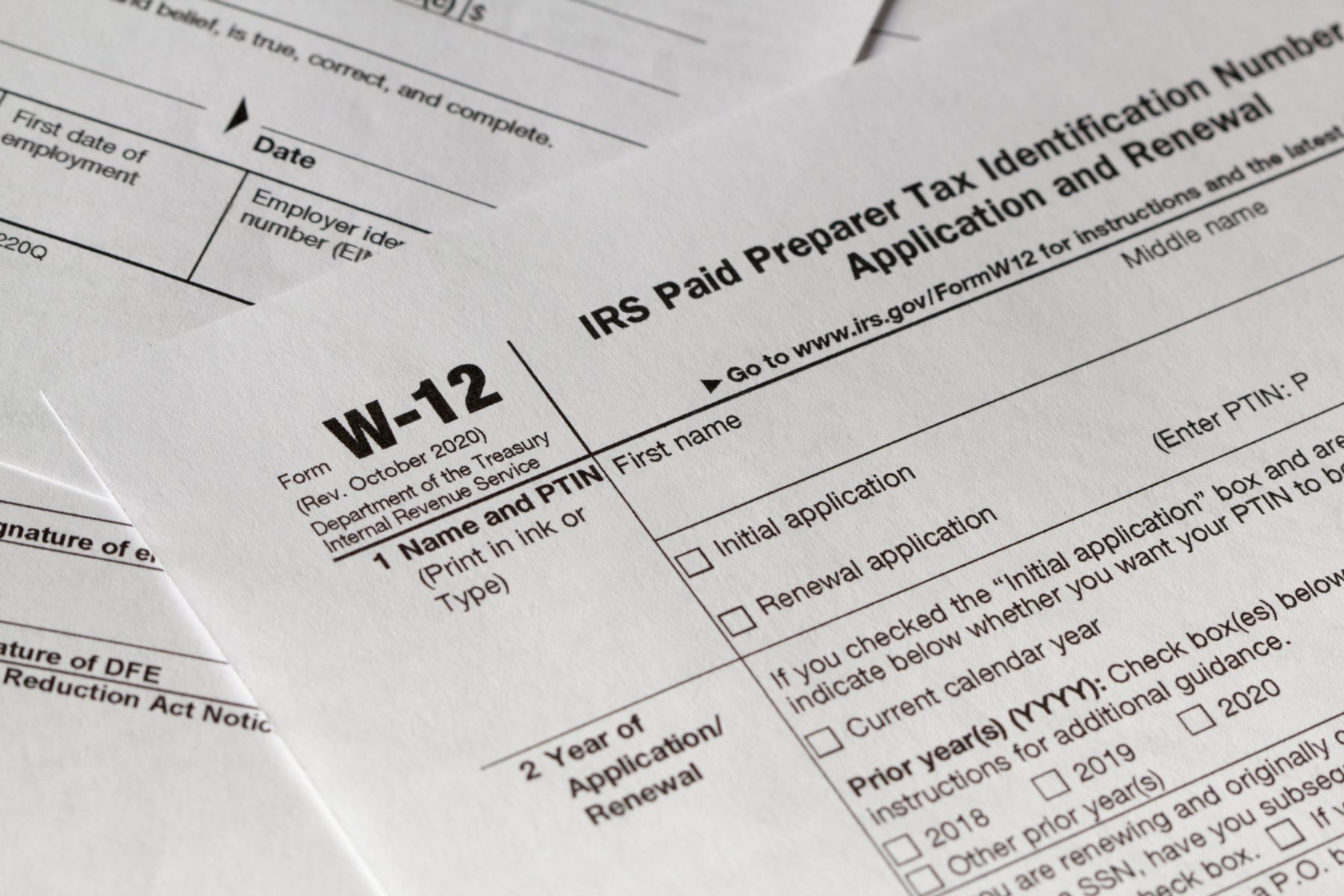A tax preparer has to be registered with the IRS to legally be paid to complete Form 1023. As a nonprofit attorney, I have worked with many clients who have paid to have their 1023 or 1024 application prepared by someone purporting to have experience with filing the Application for Recognition for Exemption.
These organizations have paid unscrupulous individuals to file the forms with the understanding that they are working with someone capable, only to have the IRS reject the application or respond with many follow-up questions that would be unnecessary had the application been completed by someone with a real understanding of the nuances of tax law.
When these clients come to me, they are not only out the money they initially spent but they are also stuck with the headache of navigating the IRS red tape resulting from a deficient application.
Preparer Tax Identification Number (PTIN)
As a result of increased oversight of individuals who do tax prep and an initiative to regulate the conduct of tax return preparers, the IRS has introduced a requirement that all paid tax return preparers obtain a Preparer Tax Identification Number (PTIN) from the IRS.
In addition, anyone who is not a CPA or an attorney must meet competency testing and suitability requirements and complete 15 hours of continuing education prior to being assigned a PTIN. CPAs and Attorneys are exempt from the competency testing and continuing education requirements but must renew their registration annually.
Supervised preparers, including those supervised by an attorney and don’t sign tax returns, are also exempt.
Further, it is now illegal for anyone to receive compensation for preparing a return for someone else if they have not obtained a PTIN from the IRS first; a paid preparer who is not registered with the IRS is perpetrating fraud.
If a charity chooses to work with an unregistered paid preparer, it opens itself up to IRS scrutiny and, possibly, denial of tax exemption plus additional attorneys’ fees to resolve any issues arising from the initial filing.
Charities also need to keep in mind that the organization, regardless of whether or not they used a paid preparer, is ultimately responsible for the information in its exemption application.
Therefore, all startup charities should ensure that an individual who offers to prepare a 1023 or 1024 application for payment is registered with the IRS. An IRS announcement offers guidance for taxpayers when considering hiring someone to prepare returns:
Some unscrupulous preparers may attempt to elude the new oversight program by not signing the returns they prepare. Taxpayers should never use tax return preparers who refuse to sign returns and enter PTINs.
In an effort to identify these ghost preparers, the IRS later this year also will send letters to taxpayers who appear to have had assistance with their returns but lacked tax return preparer signatures… The goal of the letters is to protect taxpayers by ensuring that all paid federal tax return preparers are registered with the IRS, and sign tax returns they prepare and use an identifying number when required to do so.
If your organization is unsure about whether your preparer is registered with the IRS, simply request his or her PTIN. Also, remember that it is not necessarily best to take the quick and easy (read: cheap) route, as this is often the quickest and easiest way to get into trouble and end up spending more money to fix the problems the quick route may cause.
Ellis Carter is a nonprofit lawyer with Caritas Law Group, P.C. Ellis advises nonprofit and socially responsible businesses on corporate, tax, and fundraising regulations. Ellis is licensed to practice in Washington and Arizona and advises nonprofits on federal tax and fundraising regulations nationwide. Ellis also advises donors with regard to major gifts. To schedule a consultation with Ellis, call 602-456-0071 or email us through our contact form.

